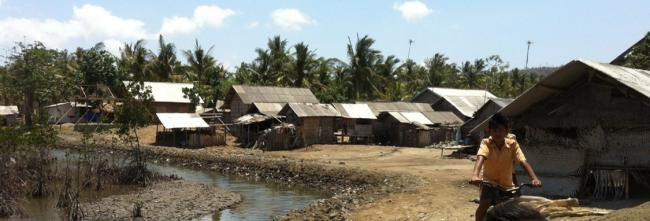Aquaculture is the fastest growing food production sector worldwide. This provides substantial opportunity to advance a bioeconomy framework within the marine realm and for food security. COMPASS will examine how the pond aquaculture sector can transition towards sustainable bioeconomy development using the social-ecological systems framework, a knowledge types framework for sustainable development and the Sustainable Development Goals (SDGs) as overarching frames.
COMPASS will develop three types of knowledge (system, target, transformative) within four working packages. System knowledge will be generated by examining how pond aquaculture systems function as interdependent social-ecological systems, combining social and natural science understandings of system functionality. Target knowledge will be generated by developing tools to facilitate deliberative processes, and then implementing and examining them within pond aquaculture communities using field experimental methods to assess the role deliberation can play in shaping goals, visions and values for local sustainability transitions. Transformative knowledge will be developed through incorporating knowledge into a globally accessible open-access data database (SESMAD) for comparison and synthesis with cases studies within and outside the sector.
Processes of deliberation among stakeholders and with COMPASS researchers provides additional locally rooted transformative knowledge opportunities for practical transformative changes. Overall COMPASS aims to develop a social science driven research process and combined methodology for examining transformations towards sustainability. To do this, COMPASS focuses on cases studies of pond aquaculture in Indonesia, but the insights from the project are broader, as the research process and methodology aim to be developed in a way which allows them to be applied across diverse cases of a natural resource bioeconomy to examine their sustainability.
International Project Partners |
|---|
|
University of Mataram University of Bogor Dartmouth College |





